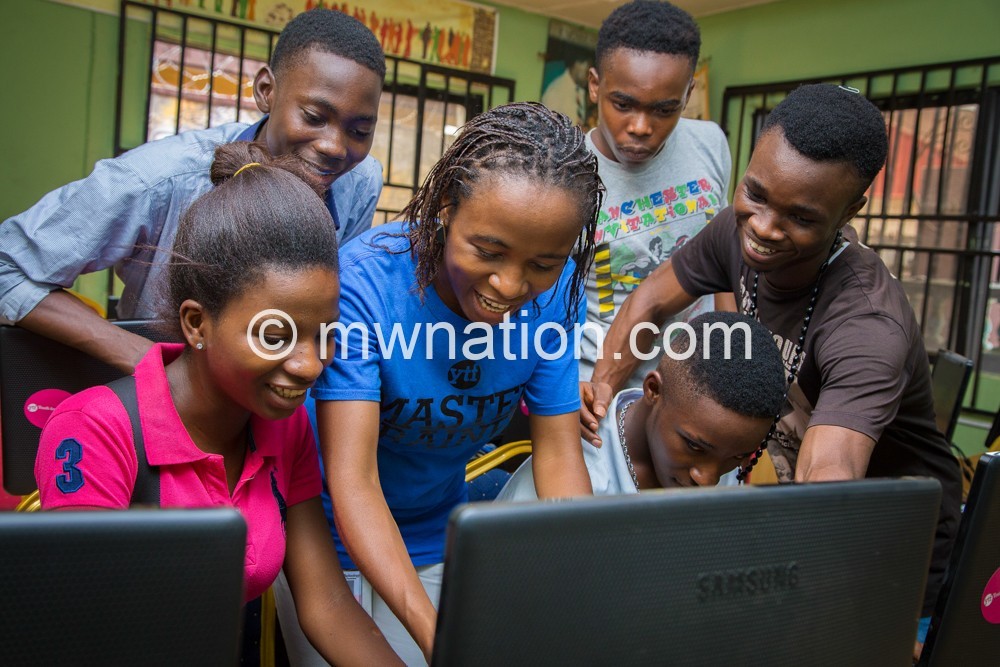On respect for separation of powers in Malawi
“For the principle of Separation of Powers to work in our democracy in Malawi, all institutions and individuals alike need to respect the rule of law. There is no room for any of the three branches of government to believe that it is superior to the other and therefore cannot be censured by the law.”—IFES , Separation of Powers in a Constitutional Democracy, 2003
The governing Democratic Progressive Party (DPP) this week held a march which ended in a petition delivered at the Blantyre City Council. In the petition, the party demands an investigation of the five judges, claiming they were bribed to deliver a judgement in favour of the two petitioners, Vice-President and UTM Party presidential candidate Saulos Chilima and Malawi Congress Party (MCP) leader Lazarus Chakwera. The party said an investigation would apparently “remove any perception that it is either sympathiser of opposition politics or that it worked and succumbed to pressure from violent demos”.
The march followed a landmark ruling by a panel of five High Court judges sitting as a Constitutional Court (ConCourt) on a presidential petition case. The court in its judgement, delivered on February 3, 2020, nullified the May 21 2019 presidential election and ordered that a fresh election be conducted within 150 days of the ruling. The judges continue to receive commendations from around the world for upholding democracy.
The DPP, along with the Malawi Electoral Commission (MEC) have appealed the ConCourt decision that annulled the May 2019 presidential elections result that declared DPP’s President Peter Mutharika a winner.
I selected five top social media reactions to the DPP march against the court judgement.
Gipson Potpher Kautale agreed with the position, citing that the judges must be investigated because they introduced some issues which were not in the court case.
Maggie Chirwa gives a three-point advice on how the politicians can win her and Malawians’ votes. She states that politicians must stop thinking about themselves; they should think about Malawi’s goal and how that connects with their political party. This can then be followed by strategies and tactics for achieving the goals.
It would be a travesty of justice if the bribing of the justices was omitted from the discourse; and Temwa Shorty Chirambo asks the DPP to bring something tangible to the table. She outlines the attempted bribery the party made to the justices. She states that the DPP appears to be upset that the justices refused the bribe, causing the DPP’s anger. She calls for Malawi to clean its systems without looking at party colours.
In his paper titled The Fundamental Values of the Republic of Malawi Constitution, Dr. Msaiwale Chigawa at Review of the Malawi Constitution in March 2006 presented that on July 6 1966, a new Republican Constitution came into force that while it retained the three organs of the State: the Executive, the Legislature and the Judiciary, the main theme that runs throughout the Constitution is that of strong Executive authority that is vested in the President. The Judiciary was completely subordinate to the Executive. This changed when Malawi adopted the new Constitution on 17 May 1995 as the Malawi National Assembly adopted a democratic Constitution.
Chigawa further advanced that the value of supremacy of the Republican Constitution is that no single person or organ of State is above the law. All are equal and bound by the same law. Other values include those of the rule of law, respect for human rights and fundamental freedoms, transparency and accountability by State officials and periodic and genuine elections.
The fact that a governing political party, representing the Executive branch of government, has the audacity to orchestrate a demonstration against and questions, bringing into disrepute a decision of the court, is absurd and unprincipled.


